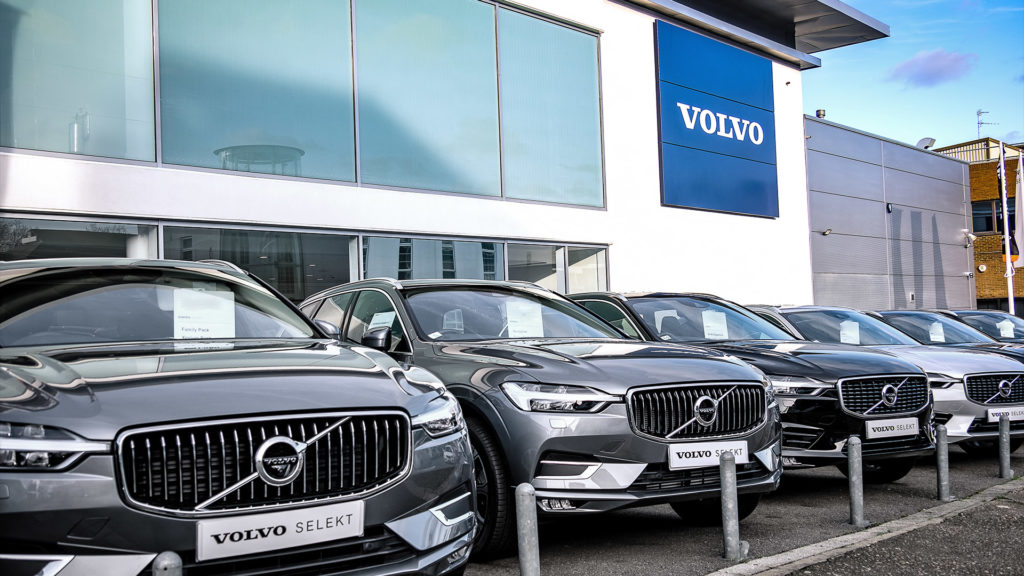Internally, we've had lots of discussions about the ‘cover' that the pandemic can give to large companies to enact ideas and policies that may not be possible in ‘normal times'. Today's announcement by Volvo indicates a huge shift within the company, by getting rid of any non-essential senior staff and announcing big investments into EV-related projects for the future. WhichEV examines Volvo's ambitions and methods.
Although Volvo was the first major company to declare its intention to move to a 100% EV line up, the actual transition has been really slow. Others now seem to have leap-frogged Volvo and when we spoke with Citroen CEO Vincent Cobé, he confirmed that his organisation was on track to have a fully electric line up in place by 2025. Volvo has recognised its own sluggishness and decided that there are far too many layers of management getting in the way.
Alongside the 1,300 office management positions that will be made redundant, department heads have been told to get rid of any consultants or contractors who are not essential to Volvo's operation. None of the company's manufacturing jobs will be affected and the major unions will all be involved in the decisions about which employees constitute ‘non-essential' staff.
Management staff in Volvo are likely to be earning between £3,000 and £10,000 a month with an average closer to £6,000. The sacking of 1,300 employees could yield annual savings of close to £100 million or 1.2Bn SEK. That's a lot of money, so does Volvo have plans for this mini-windfall?
Half that amount is being invested into the company's battery development lab in Torslanda – and there are further multi-billion SEK investment plans across its Swedish operations, to help Volvo prepare for the wholesale switch to electrification. It is hoped that this move will help secure more jobs in the long term.
“The coronavirus pandemic is affecting us in the short term, but we expect volumes and growth to return,” said Hanna Fager, Head of People Experience. “So we need to continue investing in our ongoing transformation and new business areas, by reducing structural costs.”
You have to admire a company that can look around itself, at its competitors, and honestly appraise the way it is working to see clearly the changes that are needed. In Volvo's announcement the company also mentioned that, in the future, cars will increasingly receive software and operating system updates over the air. This ability to constantly improve a product after it has left the factory means that Volvo EVs can get better with time – rather than constantly declining after they leave the factory – as we've all come to expect with petrol and diesel cars.
Where does Volvo intend to drive its new-found competitiveness? Well, it has eyed Toyota's Prius in the past and wondered if a Volvo product could become the number one choice among global ride-hailing firms.
For now, it is restructuring and reducing costs. We can only hope that this also translates into a lowering of its EV prices. Right now, you won't get change from £50,000 when purchasing a Volvo EV and that's hardly a mass-market price tag.
